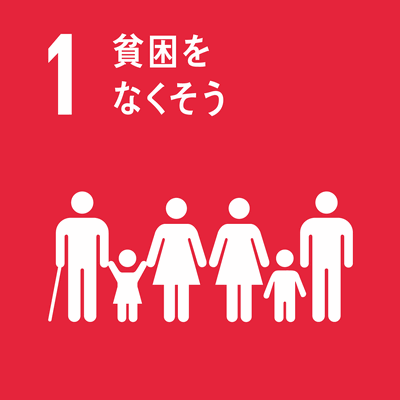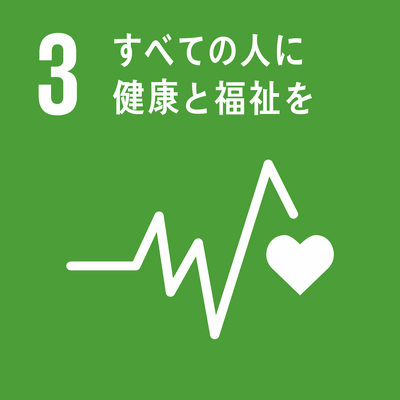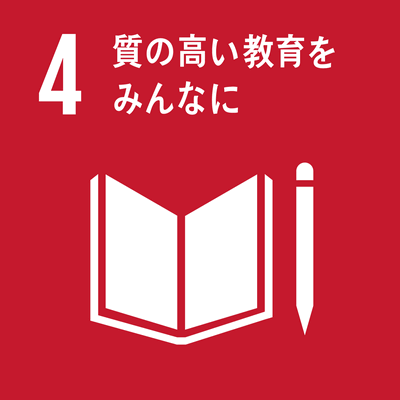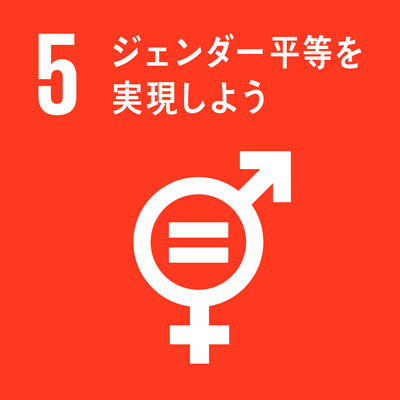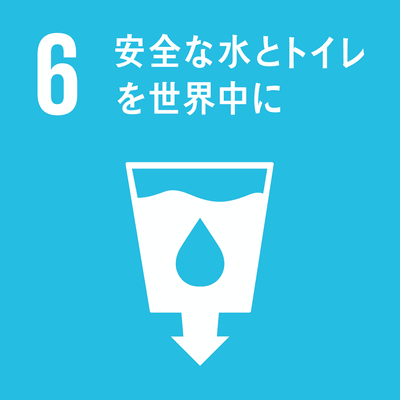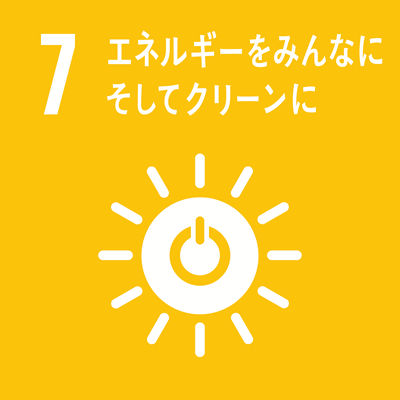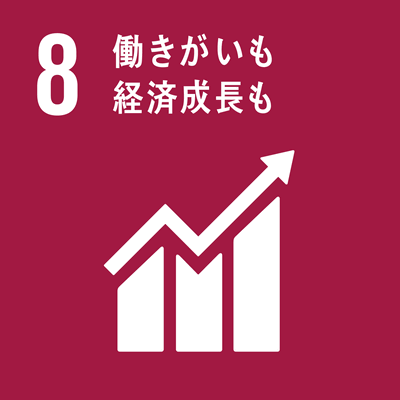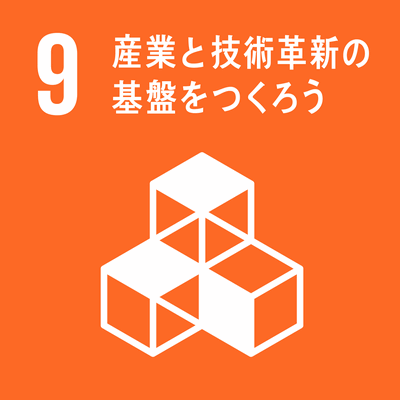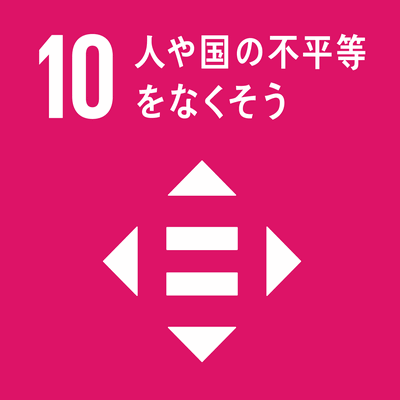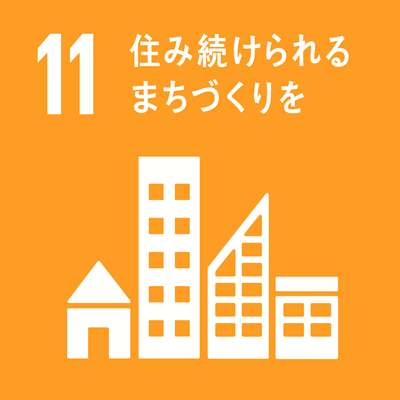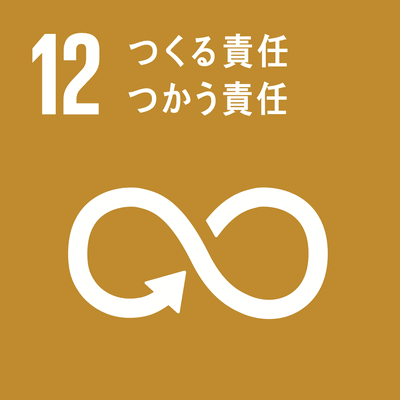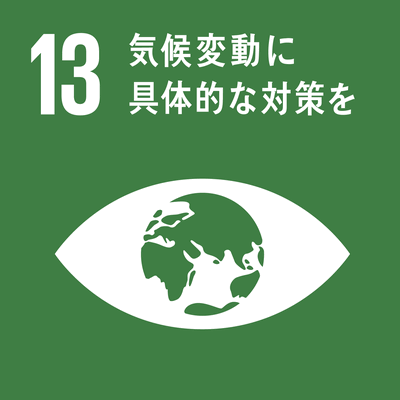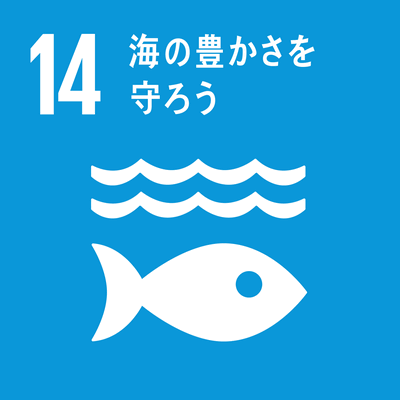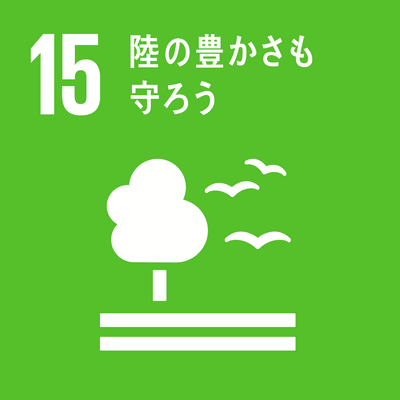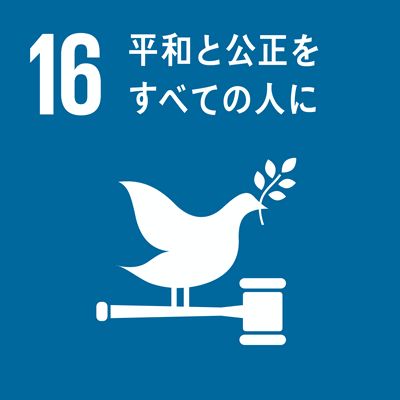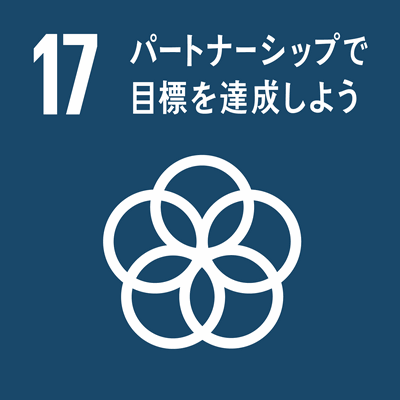シラバス表示
シラバスの詳細な内容を表示します。
→ 閉じる(シラバスの一覧にもどる)
科目の基本情報
| 開講年度 | 2023 年度 | |
|---|---|---|
| 開講区分 | 国際交流センター(国際キャリアアップコース) | |
| 受講対象学生 |
学部(学士課程) : 1年次, 2年次, 3年次, 4年次, 5年次, 6年次 大学院(修士課程・博士前期課程・専門職学位課程) : 1年次, 2年次 大学院(博士課程・博士後期課程) : 1年次, 2年次, 3年次, 4年次 |
|
| 選択・必修 | ||
| 授業科目名 | 環境問題と地球B | |
| かんきょうもんだいとちきゅうびー | ||
| Environmental Issues and Our Planet Earth B | ||
| 単位数 | 0 単位 | |
| ナンバリングコード | ||
| 開講学期 |
後期 |
|
| 開講時間 |
金曜日 3, 4時限 |
|
| 授業形態 |
オンデマンド授業 * 状況により変更される可能性があるので定期的に確認して下さい
「オンライン授業」・・・オンライン会議ツール等を利用して実施する同時双方向型の授業 |
|
| 開講場所 | 国際交流センター 視聴覚室(総合研究棟Ⅱ2階) | |
| 担当教員 | ブライアン・ジェームス・マホニー(非常勤講師) | |
| Brian James Mahoney | ||
| bj-mahoney@suzuka.ac.jp | ||
| SDGsの目標 |
|
|
| 連絡事項 | (このシラバスは9月7日の14:50に更新されました。This syllabus was upadted on September 7th, at 2:50pm.) このクラスの、 第1週目の授業は、教室で対面で行います。 第2週目の授業は、対面で行われるかどうか後日連絡します。 それ以降の授業は、すべてオンデマンドで行います。 For this class, The class meeting on the first week will be a normal face-to-face class in the classroom. The class meeting on the second week could be either face-to-face or on-demand (watching recorded video) ; TBA. The rest of the class meetings will be all on-demand (watching recorded video). * 状況により変更される可能性があるので定期的に確認して下さい |
|
学修の目的と方法
| 授業の概要 | To study and evaluate various environmental issues relating to global warming, biodiversity, our planet earth and to begin to recognize the impact these pose to life and sustainability. |
|---|---|
| 学修の目的 | For students to develop a greater awareness of the environment and global issues relating to it. To understand differing views that help shape the dynamics of the movements for global change. And for students to learn the basics of the language used to discuss these topics on the global stage. |
| 学修の到達目標 | The goal of this course is for students to: Learn about the current state of the environment through the WWF Livng Planet Index 2016/2018/2020 report(s), read and write clearly with detail about environmental issues in Japan, including on the local and national level, and around the globe. Students will be able to understand better the complexities of environmental issues and learn to think about and explain about ways to solve these issues through the Systems Thinking Model or "four levels of thinking" model (WWF). |
| ディプロマ・ポリシー |
|
| 成績評価方法と基準 | 100 total points: 1st assignment (35 points), 2nd assignment (35 points), 3rd assignment (15 points), Class attendance (15 points). *Students who miss 1/3 or more of classes will not receive credit. |
| 授業の方法 | 講義 演習 |
| 授業の特徴 |
プロジェクト型PBL プレゼンテーション/ディベートを取り入れた授業 グループ学習の要素を加えた授業 教員と学生、学生相互のやり取りが、ほぼ英語で進められる授業 |
| 授業改善の工夫 | Student success in this course is always important. Therefore, I'm always open to student suggestions and requests. Some of my best ideas come from the students themselves. |
| 教科書 | The text for this course, World Wildlife Fund for Nature Living Planet Index (LPI) 2016 / 2018 / 2020 editions, are available for free online. Any additional materials will be provided by the instructor. Students have access to university computers made available in the classroom. |
| 参考書 | Environmental Documentary and Feature Film: Several titles throughout the course will be presented in order to provide additional support to subject matter. These films will be shown in English/Japanese with English/Japanese subtitles. |
| オフィスアワー | Anytime via emails |
| 受講要件 | This is an English content class and therefore a strong background in English writing, reading and communication is necessary. For Japanese students an above average score of at least 600 on the TOEIC test or similar test(s) is necessary. Overseas study and/or international exchange experience is also a plus. *An above average score of at least 730 points on the TOEIC test is a strong indicator of English ability needed for success in this course. |
| 予め履修が望ましい科目 | |
| 発展科目 | With a committed effort, students will gain a better understanding of the language used and the key and controversial issues relating to the global environment. Students will have opportunites for group discussion. Essay and slide show presentations will also give students the opportunity to express facts, viewpoints and opinions in English. |
| その他 | Please note that a short essay may be required prior to official acceptance into this class. |
授業計画
| MoodleのコースURL |
|---|
| キーワード | 環境問題、私たちの地球、生物多様性、エコシステム、伝統と文化 |
|---|---|
| Key Word(s) | Environmental Issues, Our Planet Earth, Biodiversity, Eco-Systems, Tradition & Culture |
| 学修内容 | Class 1: Course Introduction Class 2: Topics on Environments Class 3: Topics on Environments Class 4: Topics on Environments Class 5: Topics on Environments Class 6: Topics on Environments Class 7: Topics on Environments Class 8: Topics on Environments Class 9: Topics on Environments Class 10: Topics on Environments Class 11: Topics on Environments Class 12: Topics on Environments Class 13: Topics on Environments Class 14: Topics on Environments Class 15: Topics on Environments |
| 事前・事後学修の内容 | Prior to the following week's class, students will be assigned various prep work assignments, including, magazine/newspaper articles, research articles, online videos, etc. It is expected that students will spend from 1 - 3 hours per week on these prep work assignments. Students will also be expected to contact with the instructor during the week through email. Follow up work from these assignments may take an additional 1 to 2 hours of study time. |
| 事前学修の時間:120分/回 事後学修の時間:120分/回 |
